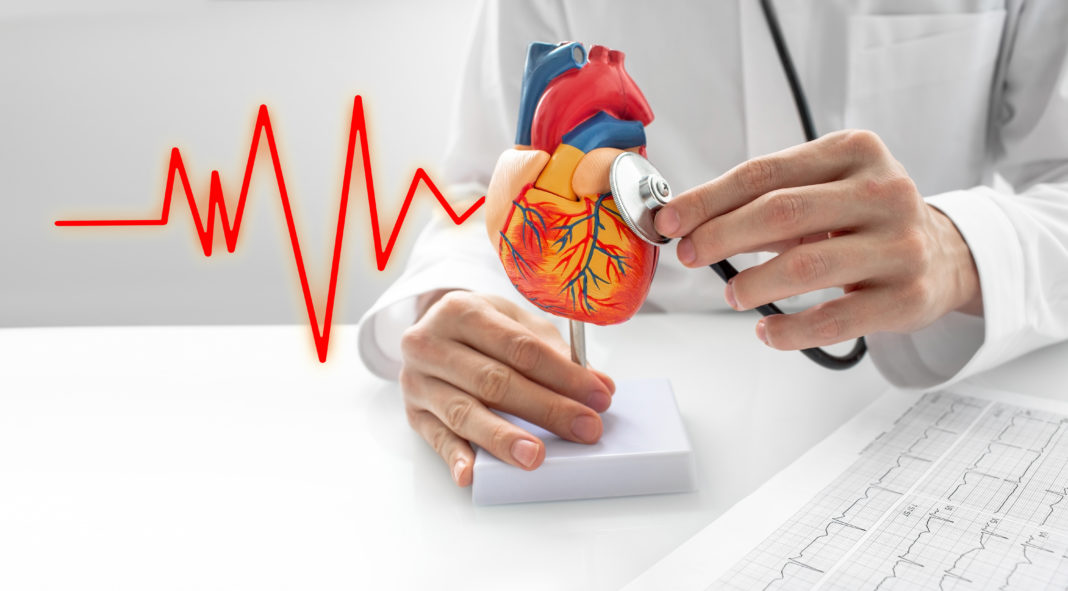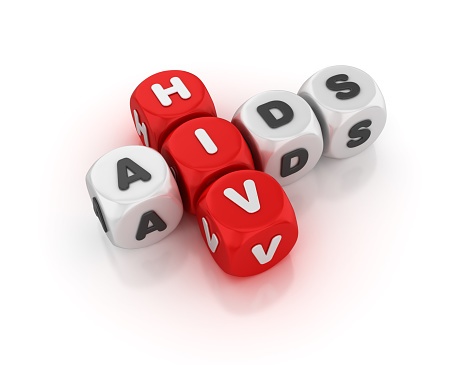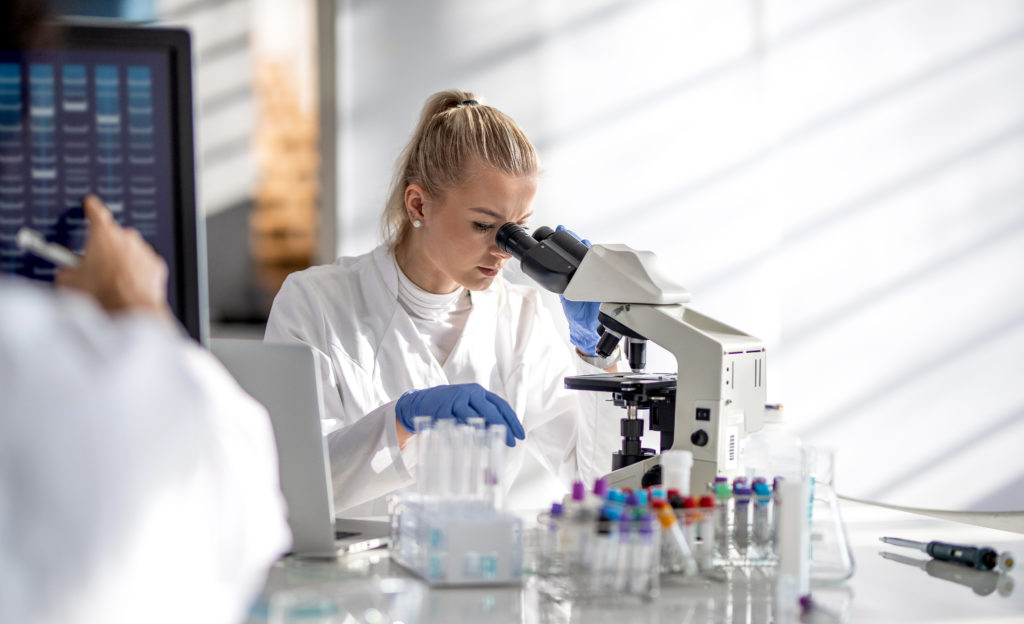Human immunodeficiency virus (HIV) infection has been associated with Epstein-Barr Virus (EBV) shedding in saliva. Gabriela Samayoa-Reyes and colleagues evaluated if mothers with HIV at an earlier age have an increased risk of transmitting EBV to their offspring. Their study, published in Frontiers in Oncology, suggested that mothers with HIV shed more virus in saliva than those without, and that infants born to HIV-positive mothers were “at risk for loss of control of primary EBV infection as evidenced by higher EBV viral load following primary infection.”
The researchers assessed whether maternal HIV status was a factor in EBV risk for blood at delivery or for shedding in saliva and breast milk of mothers at six- and 10-weeks post-partum. They also examined any differences in EBV strains from mothers with or without HIV. Samples were collected from a prospective cohort following pregnant women in Western Kenya.
According to the report, EBV viral load in blood was significantly higher in mothers with HIV (p = 0.04). Furthermore, mothers who were HIV-positive had a significantly higher EBV viral load in their saliva at week six compared to HIV-negative mothers (p < 0.01); however, the difference in EBV shedding in breast milk was not significantly different. Additionally, frequencies of EBV strains were not associated with the mother’s HIV status. The authors did highlight that infants born to mothers with HIV had a higher EBV viral load at the time of their first EBV detection in blood compared to infants from HIV-negative mothers, which was “independent of age at detection.”
Overall, the authors concluded that mothers who were HIV-positive had higher EBV shed in their saliva—though not in breast milk—compared to HIV-negative mothers and may have a greater risk of transmitting EBV to their children accompanied with a higher viral load in the infant’s blood.
Source: Frontiers in Oncology
https://www.frontiersin.org/articles/10.3389/fonc.2021.805145/full









